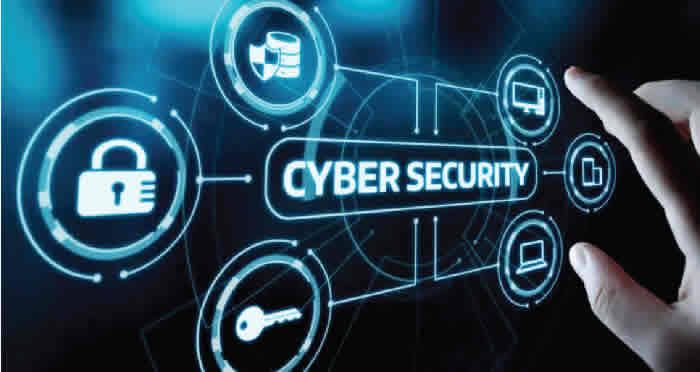
As cyber threats evolve in complexity, so must our approach to training the next generation of defenders. In fact, Gartner predicts that by the end of 2025, over half of all significant cyber incidents will be caused by human error or lack of expertise. In Nigeria, where digital transformation is accelerating, this statistic isn’t just a warning—it’s a call to action.
With social engineering attacks and phishing scams on the rise, humans—not just systems—have become the biggest targets. That’s why cybersecurity training in Nigeria must go beyond theoretical knowledge or hacking demos. To truly defend our networks, students need hands-on experience with the tools and scenarios security professionals face daily.
For many students in Nigeria, cybersecurity is an exciting field filled with possibilities. With a booming tech sector and increasing awareness of threats like Business Email Compromise (BEC) and ransomware, interest in the field is at an all-time high.
But the reality is this: *many popular three-month training programs fall short. They often focus heavily on tools like *Wireshark and *Kali Linux, showcasing “ethical hacking” without teaching practical skills needed on the job. These courses can feel thrilling—cracking passwords, scanning networks—but students are often left wondering: *What next?
After the certificate is issued, many graduates realize they’re not prepared to handle real-world cybersecurity responsibilities like monitoring alerts, investigating threats, or managing risks.
In a real security role—whether at a bank, telecom company, or government agency—you won’t spend your days hacking. You’ll be using tools like:
These tasks require not just technical ability, but critical thinking, communication, and the ability to escalate issues quickly and responsibly. Yet, many training programs skip these workflows entirely.
And what about job roles? Without proper guidance, terms like SOC Analyst, Incident Responder, Threat Intelligence Analyst, Vulnerability Assessor, or GRC Analyst may sound vague or intimidating. But these are real, attainable roles—if training programs start explaining the responsibilities and skills associated with them.
The issue isn’t the length of the training—it’s the content and approach.
In three months, students could be learning how to:
Hands-on labs, case studies, and realistic simulations build confidence and context—two things many graduates currently lack.
To fix the system, Nigeria’s government and tech ecosystem must work together.
Organizations like the National Information Technology Development Agency (NITDA) can champion industry-aligned training by:
Cybersecurity isn’t just a career option—it’s a national priority tied to protecting digital infrastructure, financial systems, and even elections.
While systemic changes are necessary, students also have the power to take control of their learning.
Here’s how:
With the right combination of structured training, self-study, and mentorship, students in Nigeria are already landing roles such as:
Cybersecurity training in Nigeria must evolve—*from tool-based tutorials to scenario-driven learning that reflects the reality of cyber defense. Students deserve programs that don’t just teach them *how to use tools, but why, when, and where to apply them.
With the right investments in training, resources, and mentorship, Nigeria can equip its youth to defend its digital frontier—and thrive in a global cybersecurity workforce.
Because the true power of cybersecurity isn’t in cracking passwords—it’s in protecting people, data, and systems from real threats. That’s the mission. Let’s train like it.